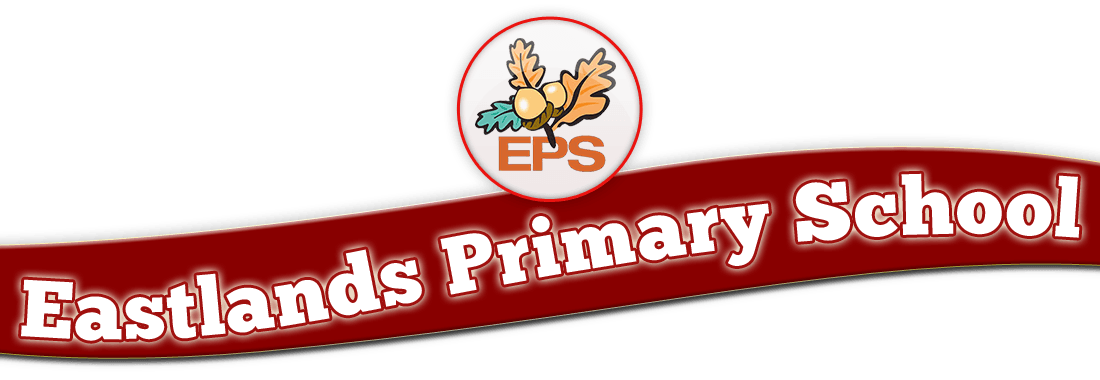Geography
|
Intent At Eastlands, we aim to deliver a rich and vibrant geography curriculum to all. We want to encourage our children to be ambitious and excited about their learning which allows them to explore relationships and interactions between people, the environments in which they live and upon which they and all life on Earth depends. Many of the pupils who now attend our school will live to see the next century and inhabit a world of 11 billion people. The many opportunities and challenges that will arise during their lifetime will be very much about geography at personal, national and global scales. We want to embrace the young geographer in our pupils and allow them opportunities to be curious, ask questions and be critical thinkers whilst developing their geographical skills. We aim for our children to have a fundamental understanding of geography and what it means to be a geographer. Our geographical learning intentions for our pupils are reflected in our geography curriculum whereby the entitlement for all our pupils is generated:
|
|
|
|
Implementation Planning for geography at Eastlands is aligned to the requirements that are stipulated in the National Curriculum. The teaching and learning focuses on the four key strands for geography: locational knowledge, place knowledge, human and physical geography as well geographical skills and fieldwork. At Eastlands, geography is taught every other half term and we adopt an enquiry focused approach to learning and teaching which develops our pupils as young geographers. We structure learning in geography through big question led enquiries about relevant geographical topics, places and themes. Through enquiry our pupils not only build subject knowledge and understanding but become increasingly adept at critical thinking, specialised vocabulary and their grasp of subject concepts. Each geographical enquiry is carefully structured through the use of ancillary questions, to enable pupils to build their knowledge and understanding in incremental steps of increasing complexity until they reach the point where they are able to answer the question posed at the beginning of the investigation. In each year group, every geographical enquiry is structured so that there is a specific geographical skill element to each lesson, alongside the teaching of the knowledge component too. Our curriculum is ‘knowledge rich’ rather than content heavy as we recognise that if we attempt to teach geographical topics, places, themes and issues in their entirety we restrict opportunities for pupils to master and apply critical thinking skills and achieve more challenging subject outcomes. Children have opportunities to use maps at different scales and type, globes, progressive atlases for each key stage, satellite and GIS (via websites such as Google Earth Pro, Digimap). Similarly we provide varied and differentiated ways for pupils to record the outcomes of their work including the use of PowerPoint, drama, photographs and through their writing (e.g. when showcasing each side of a geographical debate). Each enquiry has its own set of knowledge organisers, which are given to the children every lesson to help with the geographical terminology and ensure vocabulary is progressive. These provide the children with an effective tool which helps to increase their knowledge and understand and recall geographical facts and embed knowledge to ensure it becomes ‘sticky’ so that our pupils can build on what they know and understand from one lesson to another, but also from one year to the next. Our learning and teaching in geography also recognises the importance of fieldwork with a number of our investigations involving observation, recording, presentation, interpretation and the evaluation of geographical information gathered outside of the classroom. Trips out in the local vicinity as well as further afield (e.g. Brandon Marsh Nature Reserve, Ryton Pools Country Park and our annual Y6 residential to Skern) enhance the children’s experiences of the subject and the consolidated learning from them is also memorable. There is now, more than ever before, a real emphasis on geography in Early Years due to the significant changes to the Understanding the World education programme and ELGs People, Culture and Communities and the Natural World. We have an eight year geography curriculum due to having a school nursery. Geography begins with the youngest child and progression is continuous from Nursery. Carefully chosen stories bring in the geographical aspect, technical geographical language acquisition as well as the basic skills in a discernible way. The geography curriculum at Eastlands is linked to our curriculum drivers. These support the ethos of our teaching and learning of geography and provides the direction of our main aims. |
|
|
|
Impact At Eastlands, assessment procedures are clear and effective. Teachers and staff identify the skills which are being taught in lessons and assess children’s work accordingly. Geography is evidenced in many ways at Eastlands. Each enquiry, which forms our programme of learning and teaching in geography, sets clear objectives and endpoints for the pupils in terms of knowledge and understanding and skills acquisition. We ensure that when assessing our pupils’ evidence, this is drawn from a wide range of sources to inform the process including: pupil discussions and related questioning, day to day observations, practical activities, presentation and communication of fieldwork data and writing opportunities. The endpoints of each enquiry serve to inform the teacher’s developing picture of the knowledge and understanding of each pupil and to plan future learning accordingly. The endpoints from each enquiry build an emerging picture of what the pupil knows, understands and can do. Recall and knowledge of different enquiries is developed through pre and post unit quizzes too. |
|
|
Useful Geography Documents - Click to view the document
|
Geographical Tools and Techniques
|
Geographical Skills
|
Geographical Concepts Geography's Second Order Concepts
The importance of geographical concepts in curriculum planning
|
|
|

































